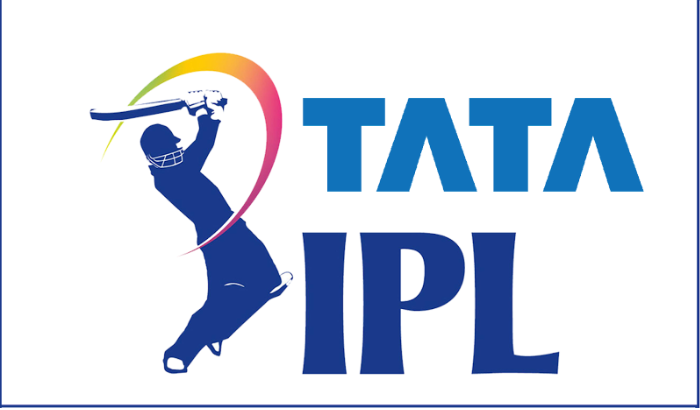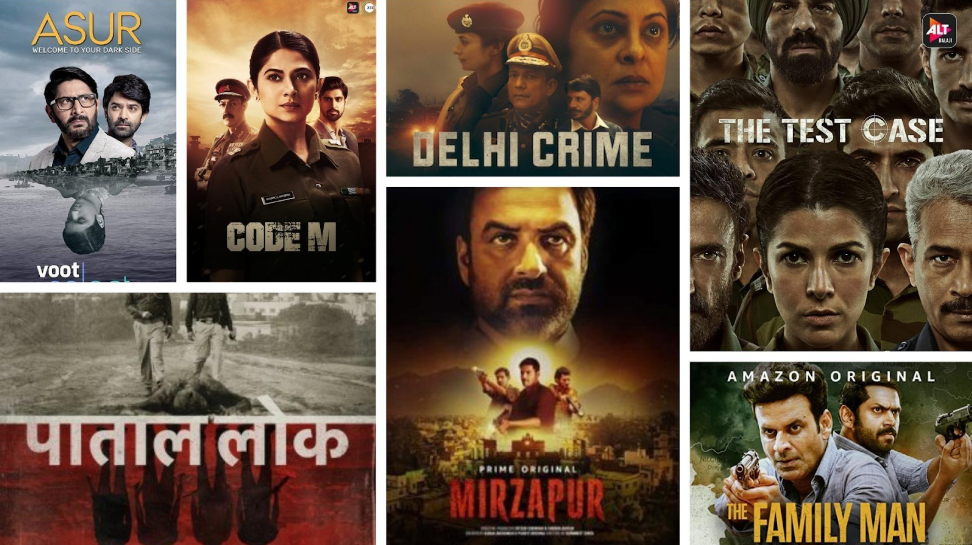The rise of digital media and influencer culture has created significant new opportunities for brands to connect with consumers. In particular, female social media stars and content creators have become significant influencers shaping opinions and trends throughout India. Savvy marketers are taking notice and increasingly collaborating with leading Indian female influencers to drive awareness and engagement.
This article will explore how Indian women have grown their massive online followings, their appeal to brands, strategies for partnering with them, and how leveraging female influencers enables marketers to better resonate with modern Indian women.
The Social Media Influence of Indian Women
Over the past decade, Indian women have amassed huge audiences across platforms like Instagram, Facebook, YouTube, and TikTok. They are dominating areas like:
- Fashion and beauty
- Lifestyle blogging
- Comedy and parody videos
- Parenting and family
- Food
- Wellness and yoga
- Dance and entertainment
- News commentary and activism
Names like Masoom Minawala, Dolly Singh, Sejal Kumar, Barkha Singh, and Shenaz Treasury have follower counts in the millions. But even micro-influencers with tens of thousands of engaged followers hold clout over niche topics.
These online stars have massive reach and get hundreds of thousands of likes, comments, and shares per post. Brands craving that kind of social engagement have taken notice.
Many female digital creators also launched their careers young and have grown up along with their Gen Z and millennial fanbases. This gives them a special connection with Indian youth.
Why Female Influencers Appeal to Brands

There are several vital reasons why female digital influencers present prime partnership opportunities for brands:
Authentic Voice
In an oversaturated media landscape, audiences crave authenticity and relate best to real people rather than anonymous brands. The organic, intimate communication style of influencers cuts through promotional noise.
Hyper-Engaged Community
Influencers build loyal communities who pay close attention and react to all their posts and stories. This delivers brands higher quality reach compared to broad advertising.
Trust and Credibility
Followers see influencers almost as personal friends and trust their opinions on products and services more than traditional ads. Their recommendations carry weight.
Aspirational Personas
While relatable, top influencers also present aspirational, glamorous lifestyles that followers admire and seek to emulate. Brand affiliation captures some of that desirability.
Cost Efficient
Influencers provide bespoke, targeted promotion at a fraction of the cost of celebrity endorsements or mass media buys. Their built-in audience offers efficient customer acquisition.
Trendsetting Power
Leading creators spot trends before the mainstream and can introduce branded products to trend-conscious youth. Getting ahead of the curve generates buzz.
Data and Analytics
Digital partnerships allow detailed tracking of engagement, clicks, and conversions. Influencers also freely share audience data to help with targeting.
Best Practices for Partnering With Female Influencers

To maximize the impact of influencer marketing, brands should follow these tips:
Research Niche Relevance
Look beyond generic macro-influencers and identify micro-influencers who tightly align with your product, brand values, and target demographics. Relevance drives results.
Don’t Prioritize Follower Counts
The engagement and quality of the audience matter more. Review post likes comments, click rates, and audience personas rather than vanity metrics.
Get Category Exclusivity
Secure exclusive partnerships within your niche to prevent the indirect promotion of competitors—Lockout rival brands.
Enable Creators to Add Value
Let influencers actively collaborate and put their spin on content. Don’t over-script or restrict them. Fresh perspective engages followers.
Develop Long Term Ambassador Relationships
One-off promotions are quickly forgotten. Cultivate multi-campaign relationships with brand ambassadors.
Compensate Fairly
While influencers depend on brand collaborations for revenue, avoid lowballing. Pay competitive, performance-tied rates.
Give Early Access to New Products
Provide pre-launch product samples to spur organic usage and reviews during the launch. Momentum is powerful.
Structure Contracts Strategically
Include rights to repurpose creator content across marketing channels for extended mileage. But share revenue for licensed content.
Also read – Virtual Influencers What are they and How do they Work
Indian Female Influencer Marketing Examples
Here are some real examples of Indian brands leveraging female influencers creatively:
Nykaa x Masoom Minawala
Beauty e-commerce site Nykaa established fashion/lifestyle blogger Masoom as its brand ambassador, highlighting trendy makeup looks. Her tutorials and Nykaa haul videos provide an authentic showcase.
Myntra x Dolly Singh
Comedian/influencer Dolly Singh teamed up with fashion etailer Myntra for a shoppable fashion series on Instagram, where she styled trends from Myntra’s platform. The episodic series gained millions of views.
Samsung x Mithila Palkar
Actress Mithila Palkar’s quirky storyline partnership with Samsung for their premium Galaxy Z Flip foldable phone emphasized style and practicality. Her young following connected with her humor and reactions.
Clinique x Sejal Kumar
Leading skincare label Clinique worked with top influencer Sejal Kumar to promote products and provide skincare tutorials around the launch of new products. Her reviews lent authenticity.
Mamaearth x Shreya Jain
Mamaearth, a natural baby care brand, leveraged micro-influencer Shreya Jain and her parenting-focused community to co-create educational video content around baby skincare routines.
The Power of Female Voices
Collaborating with female digital influencers allows brands to tap into the powerful, growing voices of Indian women making their mark online.
Where traditional media often failed to portray Indian women in nuanced, progressive ways, social media has allowed diverse female narratives and perspectives to flourish organically.
By embracing this user-generated shift through influencer partnerships, brands can align themselves with modern Indian women in an authentic manner. They can move beyond outdated tropes and stereotypes.
The reach and intimate engagement enabled by social influencers provide brands the context for genuine conversations with the new Indian woman on what matters to her.
Progressive marketers recognize the chance to be part of this evolving cultural landscape where women shape tastes and trends. Partnering respectfully with leading female voices earns brands loyalty and attention.
As Indian women find their confident, unfiltered voices online, they expect brands not to preach top-down but to listen, engage, and evolve with them.
Conclusion
Indian women have become a dominant cultural force online. Their massive follower counts, trendsetting power, and intimate community engagement offer incredible marketing potential for brands.
By identifying relevant micro and macro-influencers, building long-term partnerships, and enabling creators to add value on their terms, brands can earn awareness and goodwill with an attentive audience.
Female influencers provide the authenticity and emotional connection with Indian women that generic celebrity endorsements and corporate marketing cannot manufacture. Their voices resonate.
As marketing continues to move from interruption to engagement, collaboration with Indian digital influencers provides the context for brands to build relationships with the women who shape popular tastes and drive commerce today.







